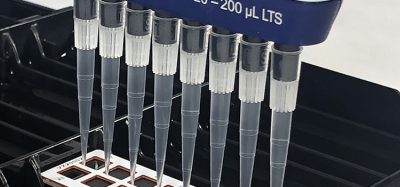Pidilizumab shows potential clinical benefit in children with DIPG
Posted: 16 June 2016 | | No comments yet
Results from a Phase I/II study of pidilizumab demonstrated potential clinical benefit in paediatric patients with diffuse intrinsic pontine glioma (DIPG)…


Results from a Phase I/II study of Medivation’s pidilizumab demonstrated potential clinical benefit in paediatric patients with diffuse intrinsic pontine glioma (DIPG).


The study, which was exploratory in nature, was designed to assess the safety and tolerability of pidilizumab, as well as key clinical outcomes, such as event-free and overall survival.
DIPG is a rare and aggressive paediatric cancer which is responsible for the highest brain tumour mortality in children. Children with DIPG experience a median overall survival between 9-12 months and a two-year survival rate of less than 10%. Despite more than 30 years of clinical research, there have been no improvements in clinical outcomes and there are no approved treatments for DIPG.
Data from nine patients with DIPG
Data from nine paediatric patients with DIPG who were treated with pidilizumab following completion of standard radiation therapy were presented. The median age of the study population was 6.5 years (range: 3-19 years): eight patients had intermediate risk features and one patient had high risk features. The reported mean event-free and overall survival estimates were 12 and 15.6 months, respectively. Three patients with DIPG remained progression-free at 16.3, 22, and 24 months following diagnosis, with one patient experiencing a partial response.
Adverse events of any grade reported in at least one treatment cycle include neutropenia, fatigue, loss of appetite, hypertension, nausea, and lymphopenia; only neutropenia and hypertension were reported as grade 3 adverse events. The study continues to enrol patients.
Commenting on the results, David Hung, M.D., Founder, President and Chief Executive Officer of Medivation, said: “Separate studies have revealed the potential of pidilizumab in haematological malignancies, and these results, while in a small cohort in a rare disease, suggest its potential activity in other conditions. We are especially encouraged by these results in a devastating disease that typically leads to such rapid and certain mortality, and we remain committed to advancing the clinical development of pidilizumab as we continue to characterise its unique and differentiated mechanism of action.”








